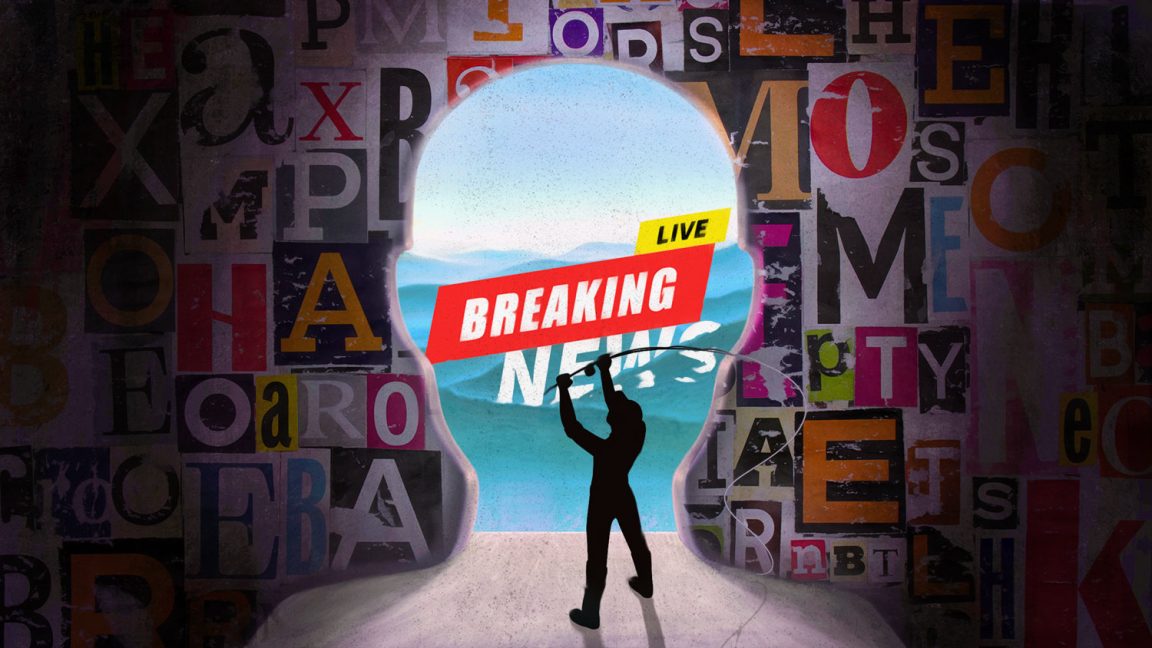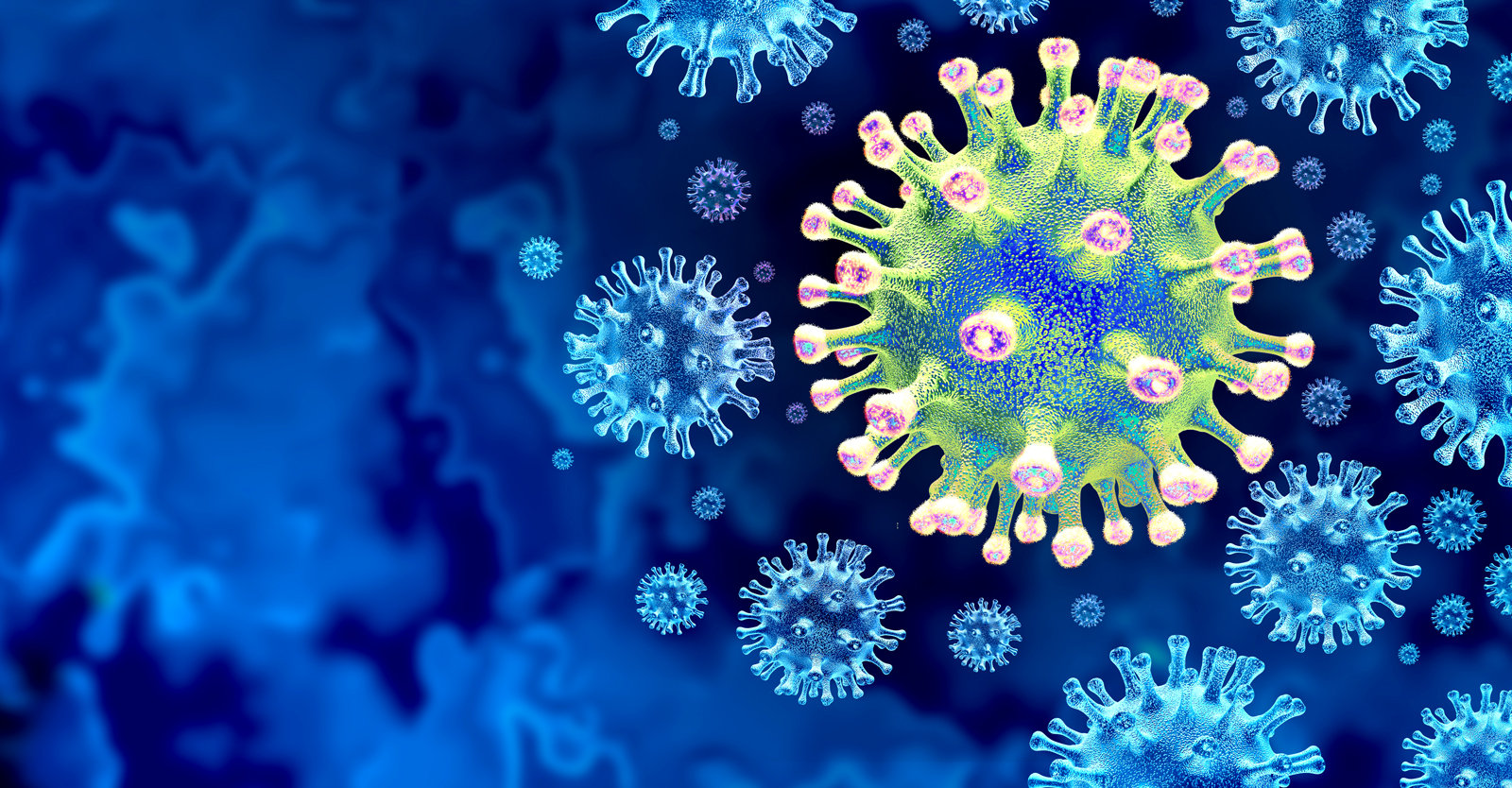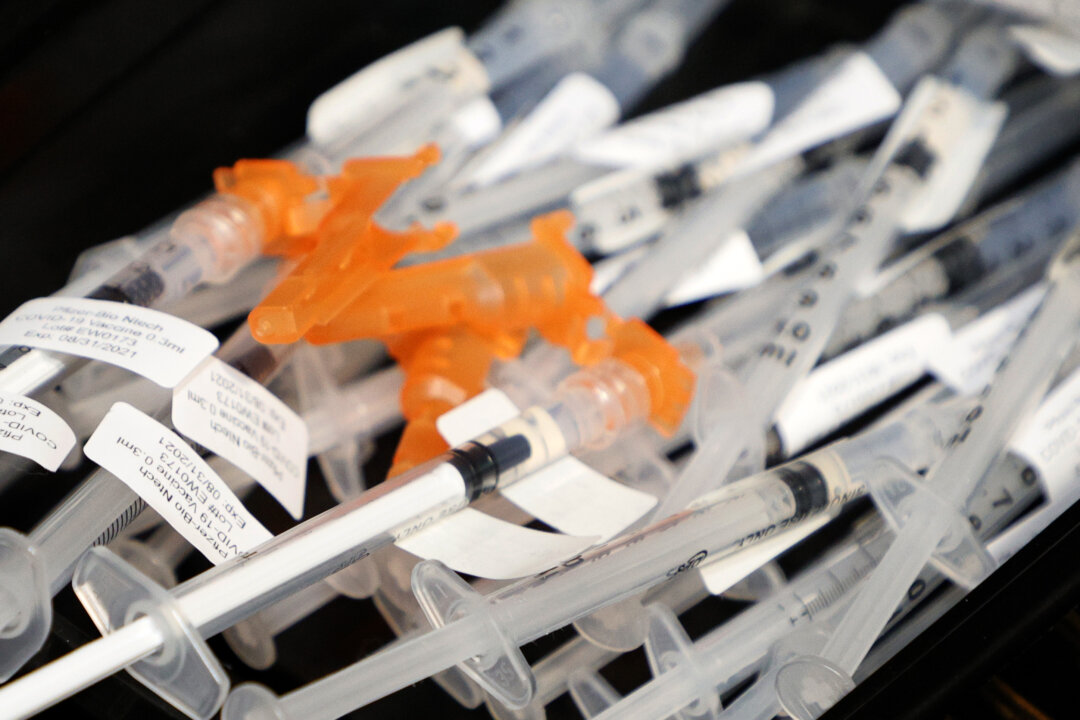murphy4trees
TreeHouser
- Thread Starter Thread Starter
- #476
Chalk one up for the tinfoil hat conspiracy theorists lizard people and alien genesis believing narcissists..
Opinion | Media Groupthink and the Lab-Leak Theory - https://www.nytimes.com/2021/05/31/opinion/media-lab-leak-theory.html?action=click&module=Opinion&pgtype=Homepage
Opinion Columnist
If it turns out that the Covid pandemic was caused by a leak from a lab in Wuhan, China, it will rank among the greatest scientific scandals in history: dangerous research, possibly involving ethically dubious techniques that make viruses more dangerous, carried out in a poorly safeguarded facility, thuggishly covered up by a regime more interested in propaganda than human life, catastrophic for the entire world.
But this possible scandal, which is as yet unproved, obscures an actual scandal, which remains to be digested.
I mean the long refusal by too many media gatekeepers (social as well as mainstream) to take the lab-leak theory seriously. The reasons for this — rank partisanship and credulous reporting — and the methods by which it was enforced — censorship and vilification — are reminders that sometimes the most destructive enemies of science can be those who claim to speak in its name.
Rewind the tape to February of last year, when people such as Senator Tom Cotton began pointing to a disturbing fact set: the odd coincidence of a pandemic originating in the same city where a Chinese lab was conducting high-end experiments on bat viruses; the troubling report that some of the original Covid patients had no contact with the food markets where the pandemic supposedly originated; the fact that the Chinese government lied and stonewalled its way through the crisis. Think what you will about the Arkansas Republican, but these were reasonable observations warranting impartial investigation.
The common reaction in elite liberal circles? A Washington Post reporter called it a “fringe theory” that “has been repeatedly disputed by experts.” The Atlantic Council accused Cotton of abetting an “infodemic” by “pushing debunked claim that the novel coronavirus may have been created in a Wuhan lab.” A writer for Vox said it was a “dangerous conspiracy theory” being advanced by conservatives “known to regularly spew nonsense (and bash China).”
There are many more such examples. But the overall shape of the media narrative was clear. On one side were experts at places like the World Health Organization: knowledgeable, incorruptible, authoritative, noble. On the other were a bunch of right-wing yahoos pushing a risible fantasy with xenophobic overtones in order to deflect attention from the Trump administration’s mishandling of the crisis.
Yet it was also a narrative with holes larger than Donald Trump’s mouth.
Was it outrageous to think that the virus might have escaped the Wuhan Institute? Not if you listened to evolutionary biologist Bret Weinstein’s patient, lucid, scientifically rich explanation of the lab-leak hypothesis — which he delivered almost a year ago on the decidedly non-mainstream Joe Rogan podcast.
Was it smart for science reporters to accept the authority of a February 2020 letter, signed by 27 scientists and published in The Lancet, feverishly insisting on the “natural origin” of Covid? Not if those reporters had probed the ties between the letter’s lead author and the Wuhan lab (a fact, as the science writer Nicholas Wade points out in a landmark essay in The Bulletin of the Atomic Scientists, that has been public knowledge for months).
Was it wise to suppose that the World Health Organization, which has served as a mouthpiece for Chinese regime propaganda, should be an authority on what counted as Covid “misinformation” by Facebook, which in February banned the lab-leak theory from its platform? Not if the aim of companies like Facebook is to bring the world closer together, as opposed to laundering Chinese government disinformation while modeling its illiberal methods.
To its credit, Facebook reversed itself last week. News organizations are quietly correcting (or stealth editing) last year’s dismissive reports, sometimes using the fig leaf of new information about Wuhan lab workers being infected in the fall of 2019 with a Covid-like illness. And the public-health community is taking a fresh look at its Covid origin story.
But even now one gets a distinct sense of the herd of independent minds hard at work. If the lab-leak theory is finally getting the respectful attention it always deserved, it’s mainly because Joe Biden authorized an inquiry and Anthony Fauci admitted to doubts about the natural-origin claim. In other words, the right president and the right public-health expert have blessed a certain line of inquiry.
Yet the lab-leak theory, whether or not it turns out to be right, was always credible. Even if Tom Cotton believed it. Even if the scientific “consensus” disputed it. Even if bigots — who rarely need a pretext — drew bigoted conclusions from it.
Good journalism, like good science, should follow evidence, not narratives. It should pay as much heed to intelligent gadflies as it does to eminent authorities. And it should never treat honest disagreement as moral heresy.
Anyone wondering why so many people have become so hostile to the pronouncements of public-health officials and science journalists should draw the appropriate conclusion from this story. When lecturing the public about the dangers of misinformation, it’s best not to peddle it yourself.
The Times is committed to publishing a diversity of letters to the editor. We’d like to hear what you think about this or any of our articles. Here are some tips. And here’s our email: [email protected].
Follow The New York Times Opinion section on Facebook, Twitter (@NYTopinion) and Instagram.
Opinion | Media Groupthink and the Lab-Leak Theory - https://www.nytimes.com/2021/05/31/opinion/media-lab-leak-theory.html?action=click&module=Opinion&pgtype=Homepage
Opinion Columnist
If it turns out that the Covid pandemic was caused by a leak from a lab in Wuhan, China, it will rank among the greatest scientific scandals in history: dangerous research, possibly involving ethically dubious techniques that make viruses more dangerous, carried out in a poorly safeguarded facility, thuggishly covered up by a regime more interested in propaganda than human life, catastrophic for the entire world.
But this possible scandal, which is as yet unproved, obscures an actual scandal, which remains to be digested.
I mean the long refusal by too many media gatekeepers (social as well as mainstream) to take the lab-leak theory seriously. The reasons for this — rank partisanship and credulous reporting — and the methods by which it was enforced — censorship and vilification — are reminders that sometimes the most destructive enemies of science can be those who claim to speak in its name.
Rewind the tape to February of last year, when people such as Senator Tom Cotton began pointing to a disturbing fact set: the odd coincidence of a pandemic originating in the same city where a Chinese lab was conducting high-end experiments on bat viruses; the troubling report that some of the original Covid patients had no contact with the food markets where the pandemic supposedly originated; the fact that the Chinese government lied and stonewalled its way through the crisis. Think what you will about the Arkansas Republican, but these were reasonable observations warranting impartial investigation.
The common reaction in elite liberal circles? A Washington Post reporter called it a “fringe theory” that “has been repeatedly disputed by experts.” The Atlantic Council accused Cotton of abetting an “infodemic” by “pushing debunked claim that the novel coronavirus may have been created in a Wuhan lab.” A writer for Vox said it was a “dangerous conspiracy theory” being advanced by conservatives “known to regularly spew nonsense (and bash China).”
There are many more such examples. But the overall shape of the media narrative was clear. On one side were experts at places like the World Health Organization: knowledgeable, incorruptible, authoritative, noble. On the other were a bunch of right-wing yahoos pushing a risible fantasy with xenophobic overtones in order to deflect attention from the Trump administration’s mishandling of the crisis.
Yet it was also a narrative with holes larger than Donald Trump’s mouth.
Was it outrageous to think that the virus might have escaped the Wuhan Institute? Not if you listened to evolutionary biologist Bret Weinstein’s patient, lucid, scientifically rich explanation of the lab-leak hypothesis — which he delivered almost a year ago on the decidedly non-mainstream Joe Rogan podcast.
Was it smart for science reporters to accept the authority of a February 2020 letter, signed by 27 scientists and published in The Lancet, feverishly insisting on the “natural origin” of Covid? Not if those reporters had probed the ties between the letter’s lead author and the Wuhan lab (a fact, as the science writer Nicholas Wade points out in a landmark essay in The Bulletin of the Atomic Scientists, that has been public knowledge for months).
Was it wise to suppose that the World Health Organization, which has served as a mouthpiece for Chinese regime propaganda, should be an authority on what counted as Covid “misinformation” by Facebook, which in February banned the lab-leak theory from its platform? Not if the aim of companies like Facebook is to bring the world closer together, as opposed to laundering Chinese government disinformation while modeling its illiberal methods.
To its credit, Facebook reversed itself last week. News organizations are quietly correcting (or stealth editing) last year’s dismissive reports, sometimes using the fig leaf of new information about Wuhan lab workers being infected in the fall of 2019 with a Covid-like illness. And the public-health community is taking a fresh look at its Covid origin story.
But even now one gets a distinct sense of the herd of independent minds hard at work. If the lab-leak theory is finally getting the respectful attention it always deserved, it’s mainly because Joe Biden authorized an inquiry and Anthony Fauci admitted to doubts about the natural-origin claim. In other words, the right president and the right public-health expert have blessed a certain line of inquiry.
Yet the lab-leak theory, whether or not it turns out to be right, was always credible. Even if Tom Cotton believed it. Even if the scientific “consensus” disputed it. Even if bigots — who rarely need a pretext — drew bigoted conclusions from it.
Good journalism, like good science, should follow evidence, not narratives. It should pay as much heed to intelligent gadflies as it does to eminent authorities. And it should never treat honest disagreement as moral heresy.
Anyone wondering why so many people have become so hostile to the pronouncements of public-health officials and science journalists should draw the appropriate conclusion from this story. When lecturing the public about the dangers of misinformation, it’s best not to peddle it yourself.
The Times is committed to publishing a diversity of letters to the editor. We’d like to hear what you think about this or any of our articles. Here are some tips. And here’s our email: [email protected].
Follow The New York Times Opinion section on Facebook, Twitter (@NYTopinion) and Instagram.














